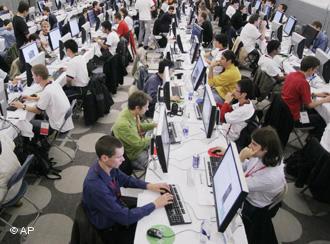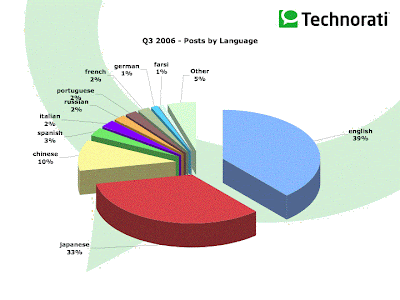




http://www.firstmonday.org/issues/issue5_5/dolfsma/
Music, it’s not just putting a few notes together. It is an arrangement of different frequencies to produce a universal love, and the word here is UNIVERSAL. People from all around the world listen to the same songs. Their languages do not matter; their race and religion do not matter. Thus, it is globalised.
There are different kinds of music, such as rap, country, rock, disco and pop rock with different formats. Furthermore, with internet booming, people share their music through cyberspace with no boundaries.
“With a global music scene there is ripe opportunity for cross-pollination but at the same time in order for mass appeal an accidental aesthetic imperialism which emerges, in which culturally specific and rhythmically unique musical idioms are all transformed to have the same disco beat behind them.”
Taken from: http://www.egs.edu/faculty/schmidt/schmidt-music-globalisation-2001.html
‘With the every growing N’Sync fan clubs and Britney clones, the world is turning into a stage for pop culture and its glamorous unattainable standards.’
Taken from: http://www.wowessays.com/dbase/ab4/ios47.shtml
Music has “grown over the last fifty years, from Elvis Presley and The Beatles to today’s top stars, to support a global industry worth $30 billion. The culture around pop music is constantly changing. It is difficult to predict where the next success will come from, and what the audience will buy into next. It is perhaps this lack of predictability that makes the pop world so alluring, attracting new generations of fans willing to buy the next wave of products.
Up to 90% of the global music market is accounted for by just five corporations: EMI Records, Sony, Vivendi Universal, AOL Time Warner and BMG. Collectively, these corporations are known as ‘the Big Five’, and operate in all of the major music markets in the world. Each of the corporations maintains their headquarters in the US, the largest of the world’s markets.”
Taken from: http://www.bbc.co.uk/worldservice/specials/1042_globalmusic/
To conclude, all those that I have mentioned are all traces of globalization regarding culture.
Your cultural expert, Yanting!






















